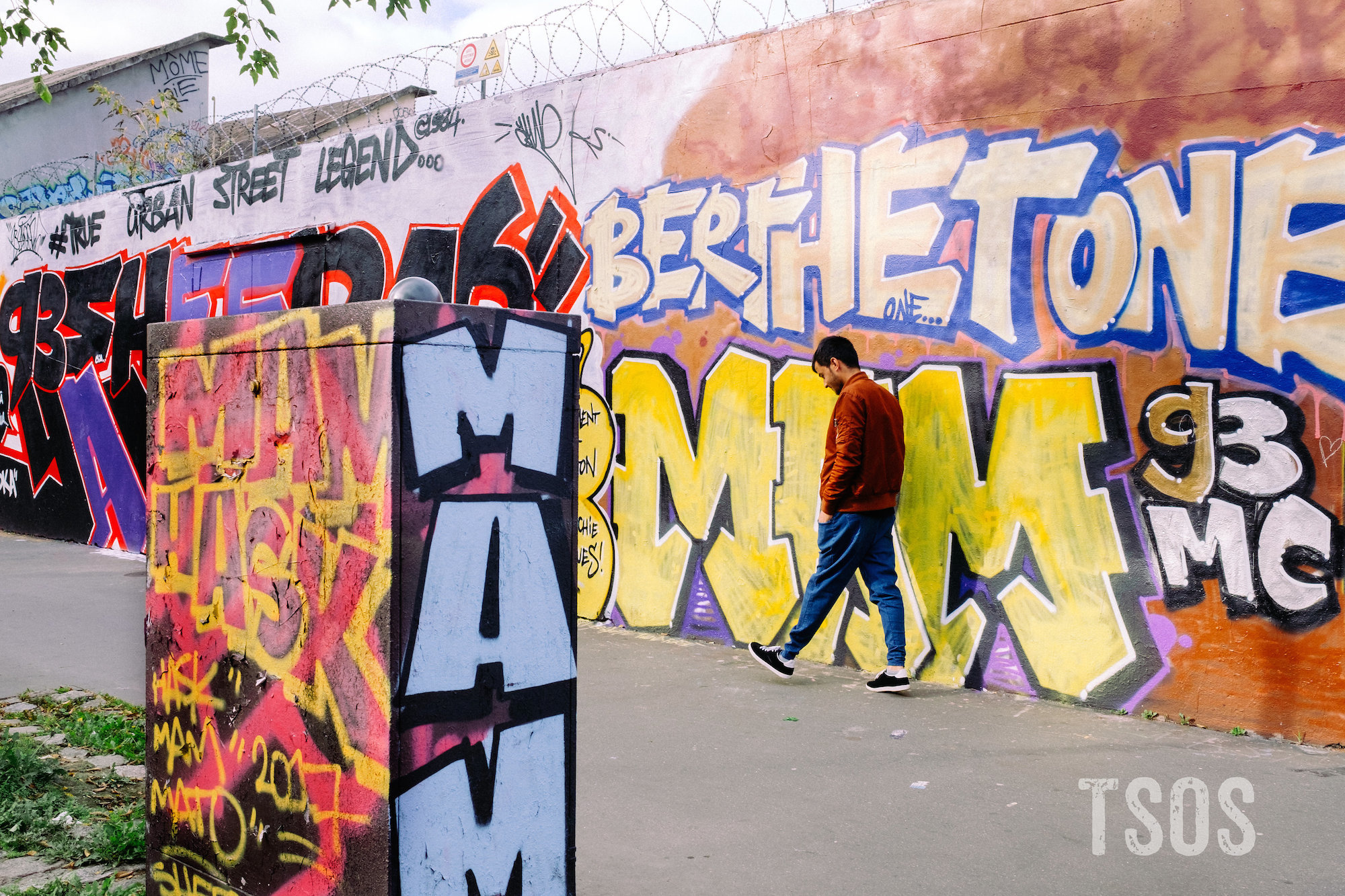Men Are Vulnerable, Too

Written by Sarah Wood
A few years ago, I found myself consumed by any article I could find online about the refugee crisis. While my own young children played at home in the background, my thoughts turned to the young mothers and children experiencing forced displacement. A part of me could immediately connect with their pain and vulnerability and this motivated me to seek out opportunities to help refugees.
Several months later, I embarked on a whirlwind trip with TSOS to learn about the situation for refugees in Paris. I began that trip with women and children on my mind; I came home concerned about the men I had encountered.
We began our first morning listening to an extraordinary young man (Ali) tell us his story of perseverance, hope, and goodness in the face of more loss than I can imagine (read more about Ali on our website). He told us about the nights he spent sleeping on the streets of Paris and he spent the rest of the day leading us around the city to street corners and bridges and outside metro stations where refugees congregate during the day or try to sleep at night. I heard estimates that 2000 refugees were sleeping on the streets of Paris last October.
After listening to Ali’s story, I fixated on the sea of men we found at each of these locations. Under different circumstances, I admit I might have rushed by a large group of idle-looking men, careful not to make eye contact. I have learned to be wary of encounters with groups of unknown men. But on this day, I looked straight into their eyes. I didn’t see them as lazy or delinquent. I saw sons, fathers, uncles, and brothers whose bright futures had been interrupted in devastating ways. I saw individuals who were doing everything within their power to create a peaceful life for themselves and their families.
Outside the only refugee center in the city, police hovered over these men as they waited hours for the chance to receive a cup of tea and some legal counsel. They weren’t allowed to sit down, even for a moment. We heard people tell us how the police took away their tents and sleeping bags on a regular basis to keep them from sleeping on the streets without offering any other shelter.
Winter was approaching and the only explanation I can fathom for why these men were treated like they were less than animals is because people felt threatened by their presence and perceived them to be an invincible, menacing force. In reality, men are vulnerable precisely because we perceive them to be invincible.
As I type this blog post, my thoughts turn back to my three-year old son who is busy stacking blocks behind me. When will he be ready to withstand the treatment I saw refugee men experience in Paris? When he’s 17 or 21 or 35? I know the answer to that question is never. I’m now motivated to help refugees out of concern for women, children, and men and I’m grateful to my friend Ali for sharing his story and helping me to understand that men are vulnerable, too.
Official Statement on the Detention of Refugees and Ongoing Community Violence
With another death in Minnesota and continued violence toward individuals and groups standing up for their communities, we acknowledge the profound fear and uncertainty people are feeling--not just locally, but across the country.
On top of this, there are reports that refugees invited and admitted to our country through the U.S. Refugee Admission Program are now being detained, meaning that our new friends and neighbors feel that fear most acutely.
Refugees have already fled violence and persecution once. They came here legally, seeking safety. In moments like these, we reaffirm our commitment to building communities where refugees and immigrants can live without fear. Where they can go to work, send their children to school, and build lives of dignity and belonging.
We call for due process, accountability, and humanity in all immigration enforcement operations. We call upon our leaders to demand the demilitarization of our neighborhoods and cities. And we call on all of us to continue the work of welcoming and protecting those who have been forcibly displaced from their homes.